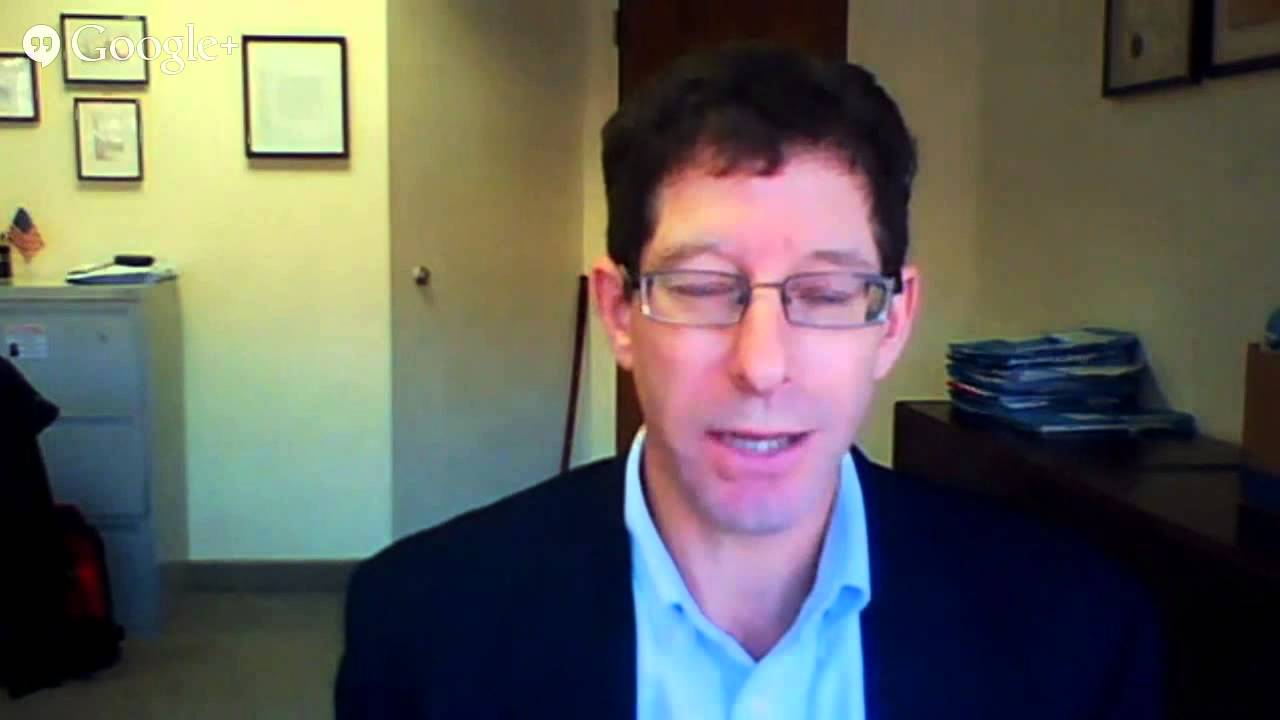According to the American Medical Association, medical negligence is the third leading cause of death in the U.S.—right behind heart disease and cancer.
In these wrongful death cases, families must not only cope with the devastating loss of a loved one but also with a number of tough decisions. One of the most important questions is whether to request an autopsy (postmortem examination). Ultimately, if you have any suspicion that your loved one died as the result of medical malpractice then it is best to request an autopsy.
Oftentimes doctors in hospitals will vaguely define the cause of a patient’s death. For example, the record may simply say cardiac arrest (meaning their heart stopped) or cardiopulmonary arrest (meaning their lungs stopped working). However, such language does not explain how or why the patient’s heart or lungs stopped working. Therefore, it is almost impossible to determine if the death was the result of a misdiagnosis, a doctor’s mistake, a delay in treatment, etc.
To succeed in a medical malpractice case it is important to show that the doctor’s negligent actions were the direct cause of the patient’s death. Thus, an autopsy is usually necessary to prove the actual cause of a person’s death in a court of law.
Additionally, an autopsy report can offer a family closure, especially when the death is sudden. As previously mentioned, hospital reports are vague and do not adequately explain the cause of death. Furthermore, what you believe to be the cause of death (i.e. “natural causes”) may not be accurate.
A number of other factors must also be considered when deciding to pursue an autopsy. For example, religious and personal views should also be weighed against the need to know the cause of death. Additionally, autopsies can be expensive (averaging between $3,000 and $5,000) and are often not paid by hospitals, Medicare, Medicaid, or most insurance carriers. However, if you are successful in a medical malpractice suit then expenses (such as a funeral, burial, and autopsy) are compensable damages (money awarded for a loss or injury).
What Should You Do in Medical Malpractice
If you suspect that the death is the result of medical negligence and you are considering an autopsy then you must act quickly. It is best if autopsies are performed within 24hrs of death but autopsies can be performed after the body has begun to decompose or has been embalmed.
It is generally best to avoid getting an autopsy in the same hospital where the potential negligence occurred. Individuals can contact local medical examiners and medical schools to perform autopsies. The U.S. Department of Transportation has a national directory of certified medical examiners. The College of American Pathologists also provides a list of board-certified pathologists that perform autopsies for a fee in 18 states (including Pennsylvania)
Stuart Carpey is a leading personal injury lawyer in Pennsylvania and has helped many injured people in getting claim. Here is the video of Stuart Carpey discussing the Joan Rivers medical malpractice case and how the damages were calculated.

Stuart A. Carpey, who has been practicing as an attorney since 1987, focuses his practice on complex civil litigation which includes representing injured individuals in a vast array of personal injury cases.

